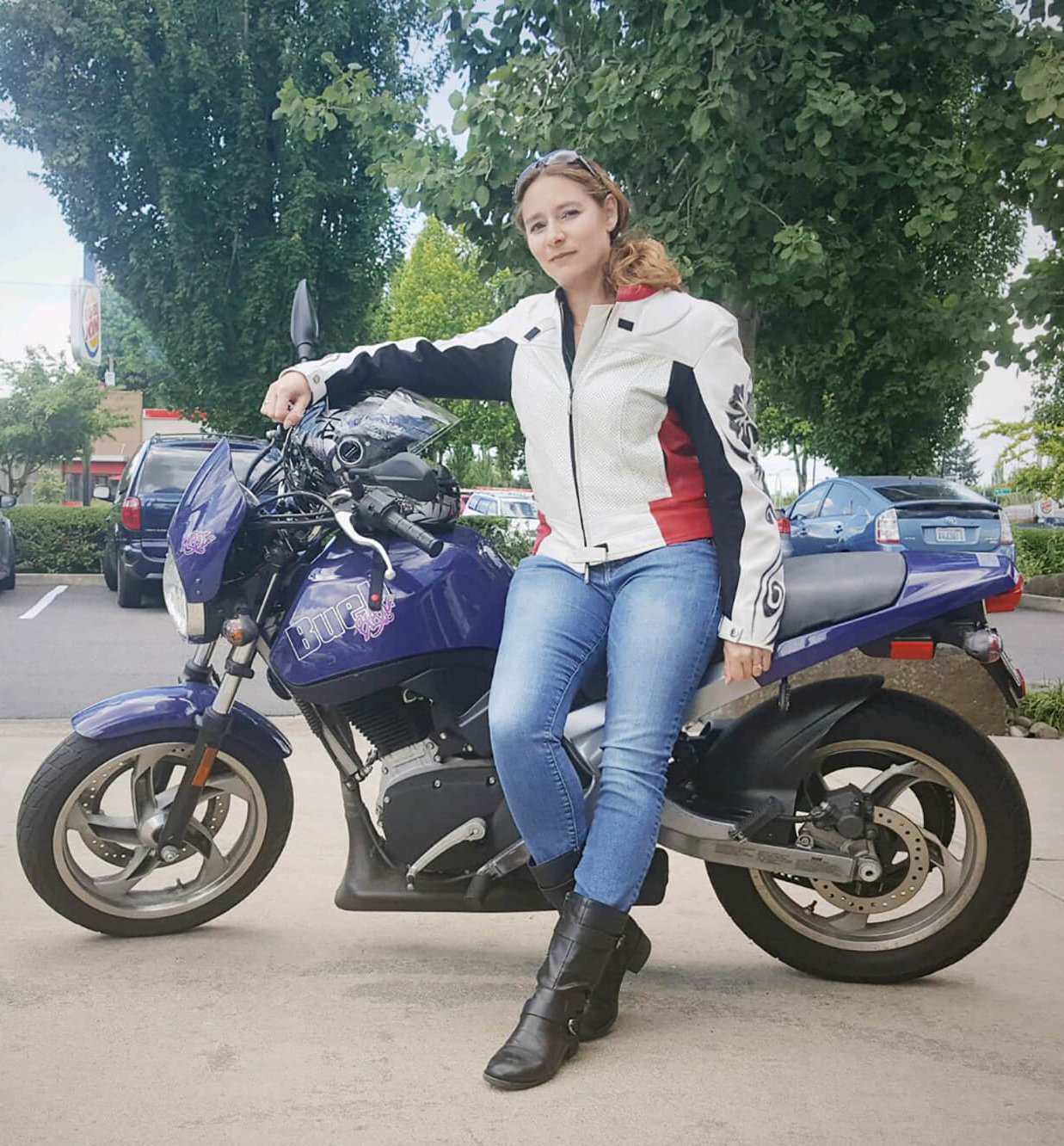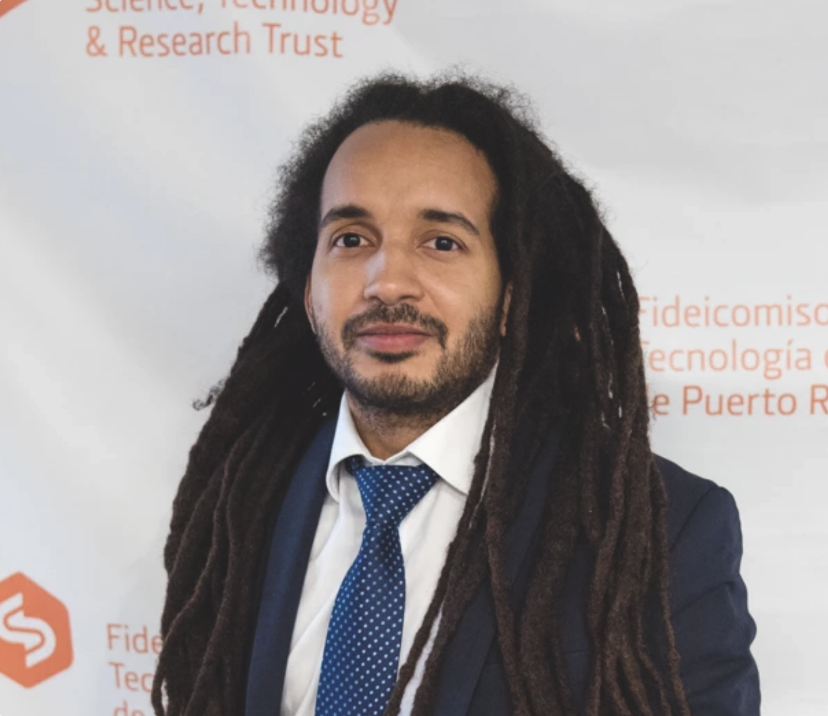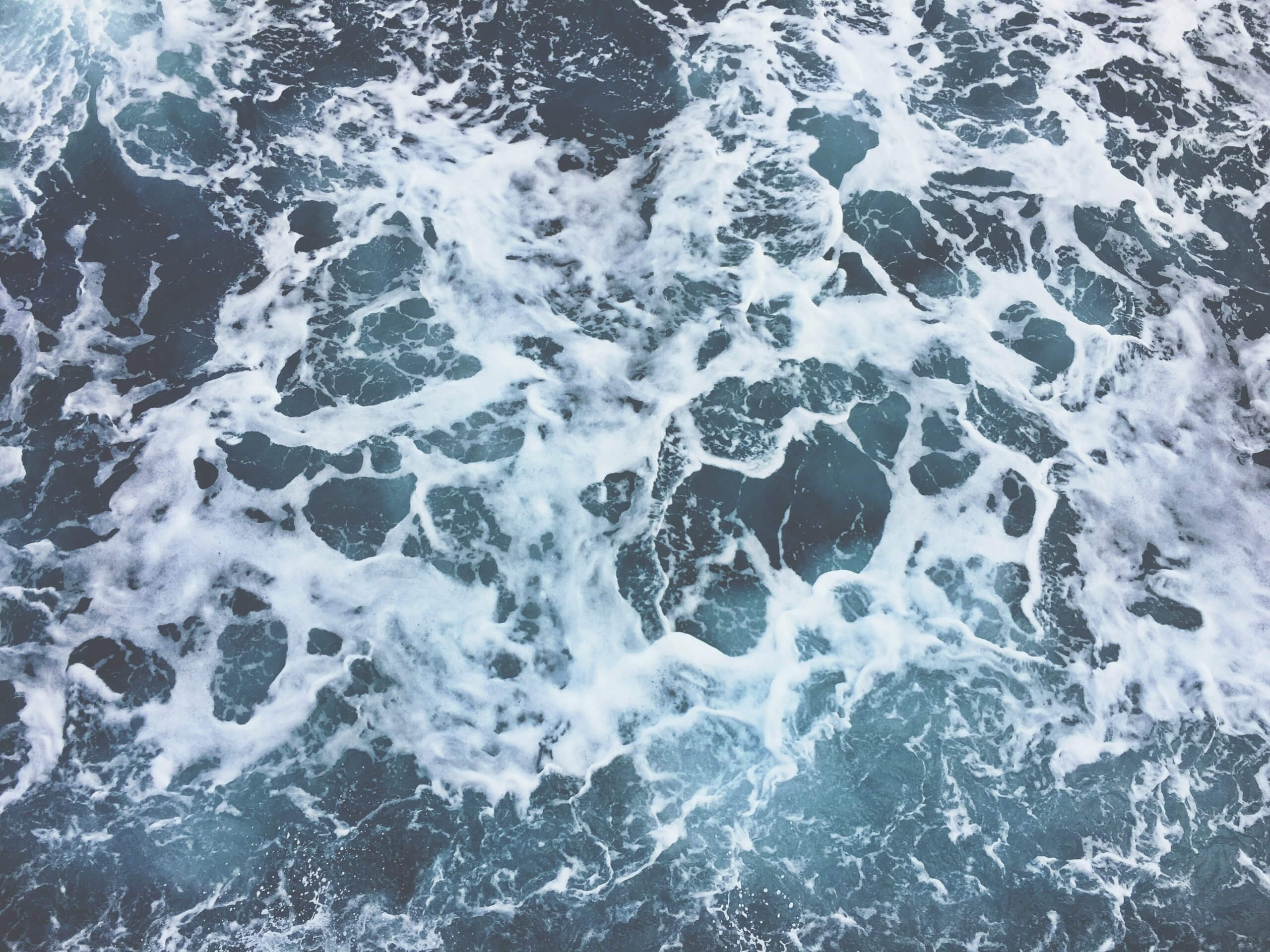Dr. Allison Coffin is an assistant professor at Washington State University (WSU) Vancouver, where her lab researches sensory hair cell function and hearing preservation/loss through studying fish. COMPASS first met Allison in October 2015, when Nancy Baron, our Director of Science Outreach, led a two-day communication workshop for the WSU Center for Environmental Research, Education, and Outreach. Allison was already thinking about ways to build science communication networks by bringing people together—an idea that ultimately became the Science Talk conference. COMPASS was excited to support this effort, and Nancy gave a keynote, “So You Want To Change The World,” at the inaugural Science Talk conference in 2017.
Science Talk is now its own nonprofit organization. Sarah recently had a conversation with Allison to ask how she came to create Science Talk, and to learn more about her hopes for the organization and the science communication community. Here are some highlights from that conversation.
What was your path to sharing your science? How did you first become interested in science communication?
My path, as so many of them are, was somewhat meandering. My mom was a member of a Toastmaster’s club, and when I was in grad school, she encouraged me to sign up to learn how to better defend my Master’s thesis. So I did. Then as a PhD at the University of Maryland, I was president of a local Toastmaster’s club, and got a call from a businessperson who asked if someone could come in to do a training for them on professional communication. I said yes, someone could do that—and ‘someone’ wound up being me. I’d never done a communication training before, but I put together an 8-hour workshop, and it went really well. They invited me back the next year, and that’s really how I got started.
Near the end of my grad school experience I started to put both science and communication skills together by teaching science communication workshops for other students. When I moved to the Pacific Northwest about ten years ago, things really started taking off, and I’ve been doing many more trainings since then. It’s really only recently that I’ve started thinking of myself as a science communicator—I’m a bench scientist. But it all started with that chance invite, and getting involved with Toastmasters.
How did Science Talk come about?
As I did more workshops and trainings, I kept meeting people who put me in touch with other people, who were all interested in science communication, and everyone kept saying “Wouldn’t it be great if everyone could get together and really talk?” But there wasn’t a venue or event where all these people from different backgrounds and disciplines and fields could come together for this kind of discussion. So Science Talk started because of chance conversations around this core shared interest, and frustration at the lack of options to have those conversations in a more organized way. The turning point was a discussion with Janine Castro at US Fish and Wildlife. Over coffee one day, we talked about ways to bring the science communication community together. Our coffee-fueled brainstorm sparked our first Science Talk conference.
What role do you see Science Talk playing in the science communication space? What’s the vision?
My vision is for Science Talk to be the go-to professional organization for people interested in science communication, even if that’s not their day job. We want to be a hub that brings disparate parts of the science communication network together, building community and giving people an opportunity for more long-term involvement on a formal level. There are lots of great programs out there, like COMPASS, ComSciCon, and the Alda Center—but it’s hard to figure out what comes next after that first training. Some of it is up to the individual, but some of it is helping bring people into a community, and that’s what we’re seeking to do.
A major goal is to continue to grow the conference, and make it easier for people from across the country to attend. We’re also always looking for collaborators and partners—we’re seeking to support and connect people to what others are doing, and to work together to shape what this community looks like.
What’s one thing that you wish other scientists knew about communicating science?
That it’s fun and that it’s necessary. Some of the fun for me is getting out of the lab and thinking about the ‘why’. So often we’re focusing on the detail of the ‘what’ and the ‘how’, but audiences care about the why. That can be invigorating as a scientist, thinking about why we care, and why they should care. It’s also really helpful in grant writing. If you can articulate the why, you can articulate the need. And that gets to the necessary part—we’ve got to get out of the ivory tower. Science without communication is silence.



